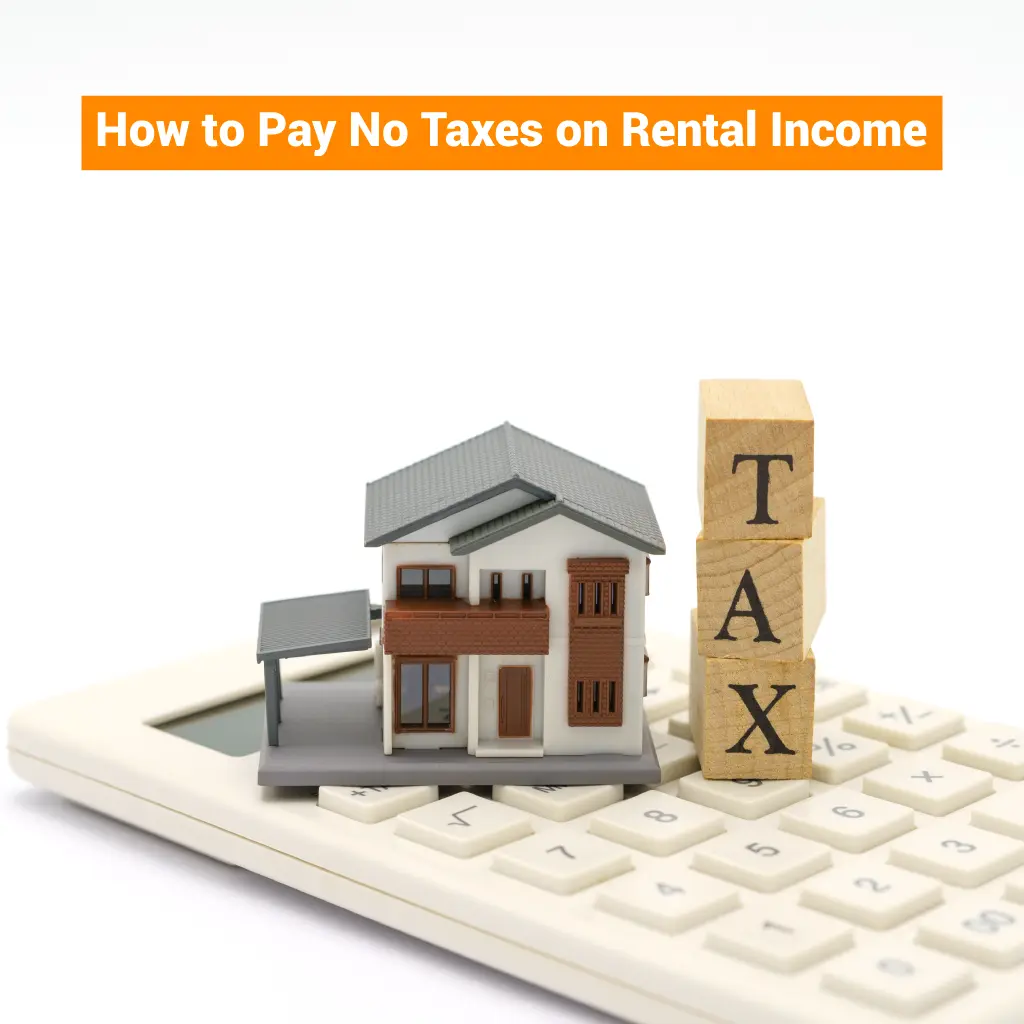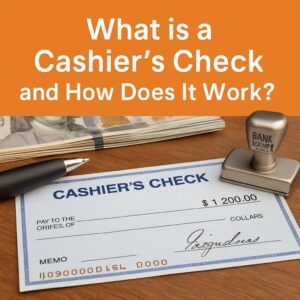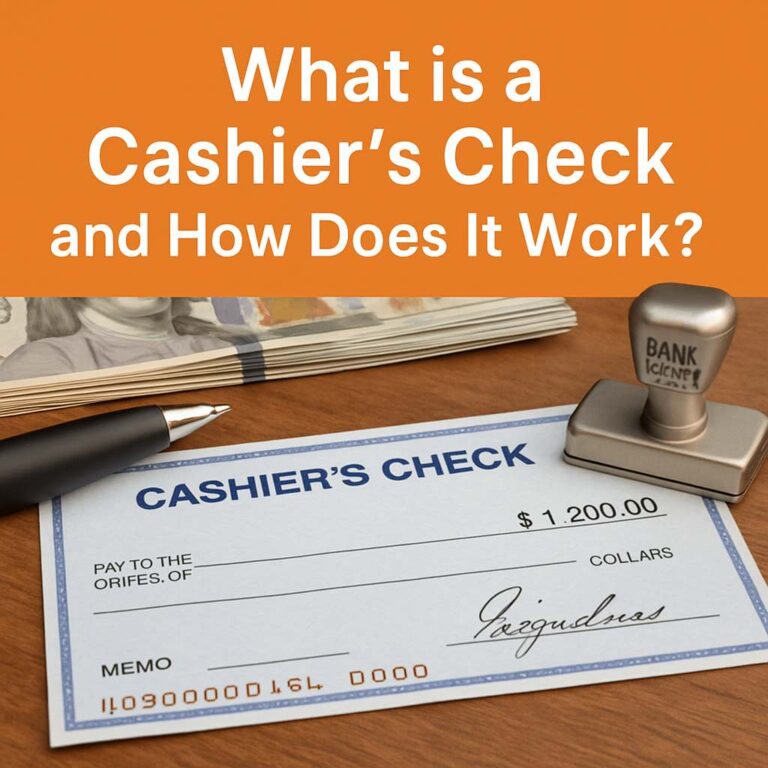Being a landlord can be a great way to build wealth, but it also comes with its fair share of challenges, especially when it comes to taxes. Many new landlords are surprised by how much of their rental income gets eaten up by the IRS. But what if we told you that there are completely legal ways to keep more of that hard-earned cash? Yes, you read that right: there are strategies you can use to reduce or even eliminate the taxes you pay on rental income.
In this guide, we’ll explore exactly how to pay no taxes on rental income by making smart, informed choices. With the right rental property tax deductions, professional guidance, and savvy planning, you can legally shield your rental income and keep more money in your pocket.
Understanding Insurance and Risk Management
Before we jump into tax planning, let’s talk about something equally important: risk management. Being a landlord isn’t just about collecting rent. It’s also about protecting yourself and your property from unexpected events. Having proper insurance, like landlord insurance, liability insurance, and loss-of-rent coverage, can save you a ton of money in the long run.

Why is this important for your taxes? Because good risk management can help you qualify for certain real estate professional tax benefits. If you show the IRS that you’re actively managing your rental properties and treating them like a business, you open the door to deductions and credits. These include expenses related to insurance, maintenance, travel, and even legal fees. Being proactive about risk also supports your case if you ever want to qualify as a real estate professional, which comes with big tax perks.
Legal Strategies to Minimize or Eliminate Taxes on Rental Income
Smart moves to keep more of your hard-earned cash.
Now for the juicy part. Let’s talk about how to legally reduce, or even eliminate, the taxes on your rental income. Because let’s be real, nobody gets into real estate to make the IRS richer.
1. Leverage Passive Activity Loss Rules
Normally, the IRS plays defense with something called “passive activity loss rules.” These rules prevent most people from using rental losses to offset other income, like that nice salary or freelance haul. But here’s the twist: if your adjusted gross income is under $100,000, you may qualify for a special exemption, up to $25,000 in deductible rental losses.
Bonus: Make more than $100K? You’re not out of luck. You can carry forward those losses into future years and use them when your income dips or your properties turn profitable.
2. Become a Real Estate Professional
Not just a fancy title, this one has real perks. If you qualify as a real estate pro (by spending 750+ hours a year and more than half your working time in real estate), your rental income moves from “passive” to “non-passive.”
Translation: You can now use rental losses to offset any type of income. Yes, even your W-2.
3. Track Every Expense—Yes, Every Latte
Maintenance, repairs, insurance, property management fees, travel to the property, and yes, even that coffee you grabbed while fixing a leaky faucet, if it’s related to your rental, it might be deductible. Every dollar tracked is a dollar the IRS can’t tax.
4. Claim Depreciation—Your Secret Tax Weapon
Depreciation is the MVP of rental tax strategies. It lets you deduct a portion of your property’s value each year, even if it’s appreciating in the real world.
Result: Your taxable income shrinks, even though your cash flow doesn’t. That’s what we call a win-win.
5. Take the Home Office Deduction
If you manage your properties from home, even part-time, you may qualify for a home office deduction. Think of it as getting rewarded for doing paperwork in your pajamas.

Leveraging Real Estate Professional Status (REPS)
One of the best ways to seriously cut your rental income tax is by qualifying for Real Estate Professional Status, or REPS. This isn’t for everyone, but if you qualify, it can completely change the game.
Here’s how it works. Normally, rental income is considered passive income, which means you can’t use losses to offset your regular income. But if you qualify as a real estate professional, those rental losses can offset your active income, like your paycheck. This is huge, especially if you have big losses from depreciation or property repairs.
So how do you qualify? You have to:
- Spend more than 750 hours a year in real estate activities.
- Spend more time on real estate than any other job.
That might sound like a lot, but if you’re managing multiple properties or making real estate your full-time gig, it’s totally doable.
Even better? Real estate professionals can defer capital gains tax by using other strategies like 1031 exchanges, which we’ll cover next. The benefits of REPS aren’t just about income taxes; they can also help you build wealth faster by letting you reinvest more of your earnings.
Using a 1031 Exchange to Defer Taxes on Rental Income
Let’s say you want to sell one rental property and buy another. Normally, you’d have to pay capital gains tax on the profit. But thanks to the 1031 exchange rental property rule, you can avoid that tax if you reinvest the money into a similar property.
Here’s the catch: you have to follow the IRS rules very closely. The new property must be of “like kind” (which is actually a pretty broad term), and you have to identify and purchase the new property within a specific time frame.
Working with a property tax consultant can make this process much easier. They’ll help you understand the timeline, paperwork, and financial details so you don’t accidentally disqualify your exchange. The great thing about a 1031 exchange is that it allows your investment to grow tax-free until you eventually cash out—and by then, you might even be in a lower tax bracket.
Cost Segregation for Accelerated Depreciation
Cost segregation sounds complicated, but it’s a powerful way to reduce your taxes. When you buy a rental property, the IRS lets you depreciate the value of the building over 27.5 years. That means you get a small deduction every year for wear and tear.

But here’s the trick: not everything in the building has to be depreciated over 27.5 years. Some parts, like appliances, carpeting, or landscaping, wear out faster. With cost segregation, you break your property down into different parts and depreciate some of them over 5, 7, or 15 years.
This gives you accelerated depreciation, which means bigger deductions now instead of later. It’s a legal way to front-load your tax benefits, which can help you keep more of your rental income today. This strategy works especially well when paired with Real Estate Professional Status or a 1031 exchange.
How to Pay No Taxes on Rental Income with Smart Investment Strategies
Okay, now let’s tie everything together. The secret to how to pay no taxes on rental income lies in using multiple strategies together. One powerful combo is using real estate cost segregation along with REPS. When you do that, you can take huge depreciation deductions right away and use them to offset not just your rental income, but also your day job income.
Smart investors also know when to buy, sell, and reinvest using 1031 exchanges. And they work closely with real estate CPAs, property tax consultants, and financial advisors to build a long-term plan. The more you understand how these strategies work together, the more confident you’ll be about keeping your money.
Plus, always keep an eye on your expenses. Every dollar you spend on repairs, insurance, travel, or legal help could be deductible. Treat your rental property like a business, and you’ll unlock a world of tax-saving opportunities.
Short-Term Rental Tax Benefits and Loopholes
Short-term rentals, like Airbnb and vacation properties, come with their own unique set of tax perks. If you rent out your property for fewer than 15 days a year, guess what? That income is completely tax-free. That’s right, you don’t even have to report it.
If you rent more than 15 days, you can still claim a bunch of landlord tax write-offs, including cleaning fees, supplies, repairs, and more. And if you materially participate in the rental (meaning you’re actively managing it), the income might not be considered passive. This could open up even more deductions.
Short-term rentals also tend to generate higher income, which makes it even more important to plan ahead and use strategies like cost segregation and REPS to offset that income. The key is documentation: keep good records, save receipts, and consider using accounting software to track everything.
Tips for Unlocking Tax-Free Cash Flow with Home Equity Strategies
If you’ve owned your rental property for a few years, chances are it’s gone up in value. That means you probably have equity, and you can use that equity without triggering taxes. How? By borrowing against it.

Home equity loans and HELOCs (home equity lines of credit) allow you to tap into your property’s value. And here’s the good news: borrowed money isn’t considered income, so it’s tax-free. You can use it to buy another property, renovate your current one, or cover big expenses.
When done wisely, this can create a snowball effect: buy a property, let it appreciate, borrow against it, buy another, and so on. Working with real estate CPA services can help you build a safe, sustainable plan to do this. Just be sure you’re not over-leveraging yourself. The goal is to build wealth, not debt.
Common Tax Mistakes Landlords Should Avoid
Even smart investors can trip over the fine print.
When it comes to real estate, most landlords focus on rent checks and repairs, but forget that the biggest cost (and opportunity) often lies in the tax return. Unfortunately, even experienced landlords can stumble into these common tax traps:
1. Poor Record-Keeping
This is the classic rookie mistake. Without clear records, you’re likely missing out on valuable deductions. Every receipt, invoice, and mileage log matters. If the IRS ever knocks, you’ll need proof, not promises.
2. Forgetting to Claim Depreciation
Depreciation is like the golden goose of real estate tax breaks. Yet many landlords leave it on the table. Each year you fail to claim it, you’re losing money. Worse? The IRS will still recapture it when you sell, even if you never claimed it.
3. Mixing Personal and Business Expenses
Using one bank account for both your grocery runs and rental income? That’s asking for trouble. Always separate your rental business finances—it’s cleaner, smarter, and way less stressful at tax time.
4. Missing the 1031 Exchange Deadline
Selling one property and buying another? A 1031 exchange can defer your capital gains taxes, but only if you meet strict IRS deadlines. Miss the 45-day window to identify a new property? Game over.
5. Skipping Professional Help
Yes, tax software is handy. But rental property taxes are anything but simple. A qualified accountant, especially one who understands real estate, is your best friend come April.

Conclusion: Keep More, Stress Less
At the end of the day, paying little to no taxes on your rental income isn’t about bending the rules, it’s about understanding them better than most. The tax code is filled with opportunities for savvy landlords who take the time to learn and apply smart strategies. From maximizing deductions to leveraging advanced tactics like 1031 exchanges, Real Estate Professional Status (REPS), and cost segregation, you’ve got a full toolbox at your fingertips.
But here’s the kicker: you don’t have to do it alone. Surround yourself with the right people, a sharp CPA who knows real estate, a great bookkeeper, maybe even a tax strategist. Good advice pays for itself, often many times over.
Keep your records clean, stay proactive, and treat your rental properties like the business they are. The more disciplined and informed you are, the more money you’ll keep—and the faster your portfolio (and wealth) will grow.
So whether you’re just getting started or already managing multiple doors, now’s the time to level up your tax game. Because paying less in taxes doesn’t just help your bottom line, it frees up more capital for your next big move.
Ready to make your rental income work harder—and smarter—for you? Your tax-smart future starts now.








